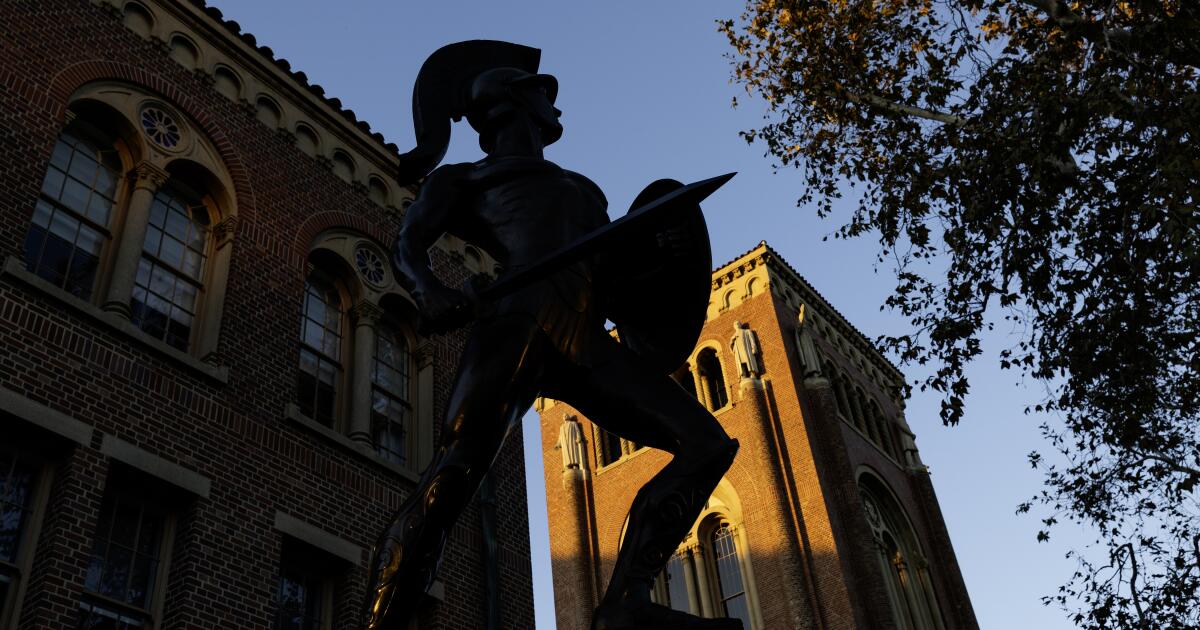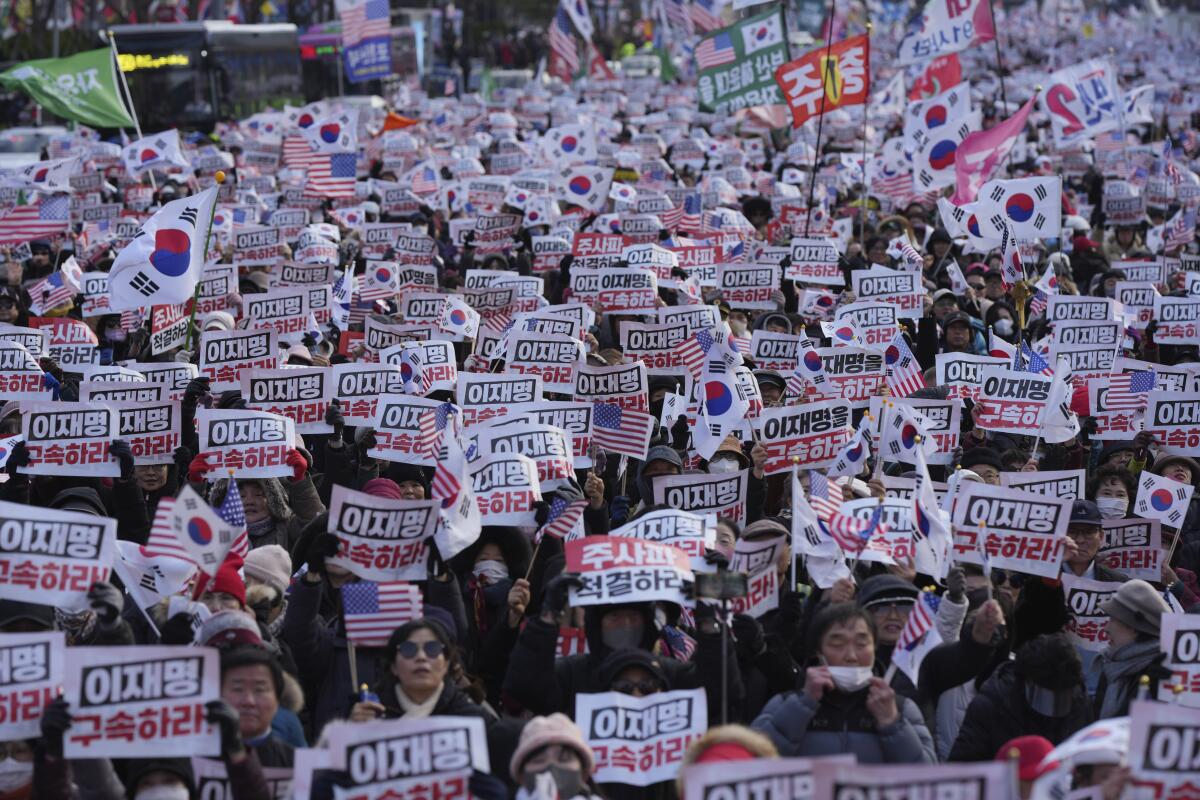BEIJING: Officials, academics, business leaders, celebrities and other representatives of China’s top advisory body should step up international engagement to boost the nation’s efforts to “tell China’s story well”, said China’s ambassadors to major countries.
This can be done with more interviews with foreign media, suggested China’s ambassador to the US, while the ambassador to Japan called for members of the advisory body, the Chinese People’s Political Consultative Conference (CPPCC), to visit other countries more often.
They were among more than 30 delegates speaking at a small group discussion on March 5, which also involved academics and party and government officials. The session was chaired by veteran diplomat Liu Jieyi, vice-chairman of the CPPCC’s Foreign Affairs Committee and the advisory body’s spokesman.
The discussion was part of this week’s Two Sessions gathering, China’s annual meetings of the top legislative and government advisory bodies, where the CPPCC kicked off its annual session with a work report delivered by its chairman Wang Huning, the Communist Party of China’s (CPC) fourth-ranked official.
China has been on a campaign to counter dominant Western voices since President Xi Jinping in 2013 set out a mission to “tell the China story well”, and wrest control of the international narrative.
The CPPCC is regarded as a key platform for the CPC’s United Front work to spread the party’s political influence domestically and overseas. It comprises more than 2,000 Chinese citizens from various sectors of society, who are invited to participate in discussions on state affairs.
Xie Feng, who was appointed ambassador to the US in May 2023, said international understanding of China’s political system and how the CPPCC functions could improve if the body’s members interacted more with other countries and accepted more foreign media interviews.
Yes, I would also like to receive SPH Media Group’s SPH Media Limited, its related corporations and affiliates as well as their agents and authorised service providers. marketing and promotions.
He suggested that the organisation provide professional training and other arrangements to increase members’ ability in foreign and media interactions.
“Today, the CPPCC has invited local and foreign media to listen in on its meetings, which I believe is a good move. We could consider whether more foreign envoys, journalists and students who are based in China can be invited to observe some of the CPPCC’s topical discussions,” he said.
China’s ambassador to Japan Wu Jianghao called for CPPCC members to visit other countries more, and for them to leave a greater impression on others by introducing themselves in that capacity – and not just as a member of a think-tank, for instance.
“Sometimes, when interacting with Western-style societies, our publicity is more effective when it is done by non-party members,” he said, noting that sometimes, “people already put on tinted glasses to protect themselves against being brainwashed by the Communist Party” when party members speak.
Adding to this call, China’s ambassador to the UK Zheng Zeguang said: “As entrepreneurs, scholars, researchers, and other members of the CPPCC, we should continue to go out, and introduce China to others in a factual way.
“This will surely gain us more understanding and recognition.”
He also urged greater promotion of China’s Global Development Initiative, the Global Security Initiative and the Global Civilisation Initiative, which are broad frameworks on foreign policy introduced by Xi in recent years.
In its effort to sway international opinion, Beijing has hired television anchors from overseas media for its official English-language channel CGTN. On social media platforms such as X (formerly Twitter), China-linked accounts have grown, carrying messages tied to official narratives.
Yet just this week, China scrapped a 30-year tradition for its premier to host a news conference at the close of the Two Sessions – a rare opportunity for Chinese and foreign journalists to engage directly with a top leader – in what was viewed as another inward turn.
Political scientist Yang Mingjie said that foreigners are interested in how China has remained stable despite conflicts elsewhere, and believes that China’s modernisation tale should be publicised more widely. He is director of the China Institutes of Contemporary International Relations, a research institute under the Ministry of State Security.
“There is still a lot that people do not understand of the CPPCC’s role. For instance, some of them liken the CPPCC to the Upper House in other countries, which is incorrect,” he said, referring to the bicameral political system found in other legislatures, such as the House of Lords in the UK. – The Straits Times/ANN


